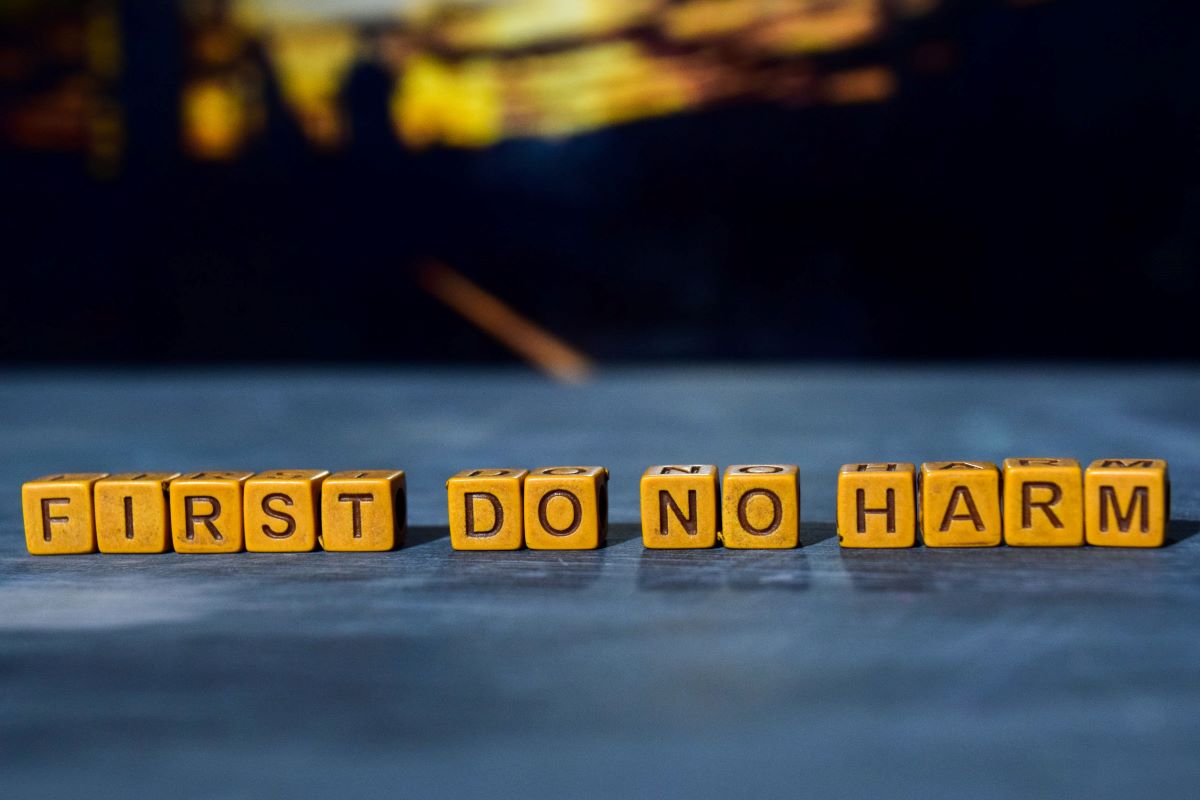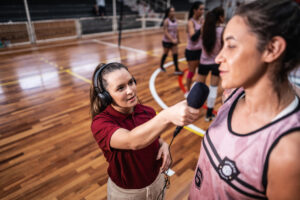How to prevent unconscious bias from marring your messaging
Follow this guidance to do no harm in your edits and to ensure your changes empower instead of invalidate an author’s voice.

Editors, like all humans, have implicit biases, which can sometimes be reflected in our edits.
Although we may believe that we’re improving the copy, we may actually be undoing the conscious choices that writers have made, especially when we make assumptions as we’re editing.
Sometimes our biases show themselves in microaggressions. These are brief, commonplace comments or actions—often unconscious or unintentional—that signal hostile or negative attitudes toward marginalized groups.
Just because microaggressions are unintentional doesn’t make them any less invalidating or hurtful. In everyday life, microaggressions appear in different ways. Someone who is non-white is called a credit to their race. A disabled person is told how inspiring they are for persevering. A woman is referred to as a mom in an article about her professional achievements.
In editing, microaggressions can take various forms, such as the following:
- Changing Black to black: Capitalizing Black to refer to race, identity, and culture is often done with intention and is now recommended by most style guides.
- Changing Black to African American: Black is accepted and preferred by many Black folks, and not all Black people are African American.
- Hyphenating Americans: Leaving terms like Asian American or African American unhyphenated has gained wider acceptance thanks, in part, to an article by Henry Fuhrmann. Adding the hyphen can undermine a writer’s decision to not hyphenate.
- Changing the singular they to he/she: The singular they has become a popular choice as a more inclusive option than he/she, so changing it reverts to the he/she binary.
- Changing someone’s pronouns: A person’s or character’s pronouns should be honored and used accordingly. Changing pronouns can be disrespectful and harmful.
- Italicizing non-English words: When non-English words are changed from roman to italics, this can have an othering effect because the words are treated as something different or foreign.
- Making dialogue “proper”: Changing nonstandard English, regionalisms, or accented speech to make it more “proper” may strip characters of their identities.
- Changing terms used to self-identify: The terms that people or characters use to refer to their own identities should be respected, even if others might see the terms as controversial or derogatory.
These types of microaggressions go against one of the cardinal rules of editing: do no harm. All of these examples can change the intended message of the copy and lead to distrust by the writer.
If microaggressions are the result of our implicit biases, what can we do to avoid them? There are no foolproof answers, but we can take steps to minimize the likelihood that we’ll do harm in this way.
- When in doubt, look it up. As editors, we’re trained to be curious if we’re unsure of something. This, too, should be the case when we edit subjects that we don’t personally have experience with, especially when it comes to marginalized identities we don’t have.
- Query as a learner rather than assume as an expert. If you can’t find an answer through research, ask the author whether a choice was intentional instead of making the change. Frame it as a desire to understand.
- Keep up to date with evolving trends in language by talking with other editors, following activists on social media, and subscribing to the Conscious Style Guide newsletter.
- Learn about your personal biases through Harvard University’s implicit association tests and reflect on how the results may affect your editing.
- Listen to writers when they discuss what they want for their stories.
- Recognize that you may not be the best editor for the job. Sometimes, projects require a deeper level of understanding that may be beyond our knowledge base, so refer the project to someone who does have the expertise if possible.
As editors, we understand that words hold power and see how our edits affect the pieces we work on. When we follow the principle of doing no harm, we should remember that this goes beyond grammar, spelling, and punctuation. The changes we make can mean the difference between empowerment and invalidation. The calls for capitalizing Black and removing the hyphen in Asian American may result in seemingly small changes in language, but they are powerful statements—and reversing the gains achieved through these efforts may be doing the harm that we so carefully try not to do.
Crystal Shelley is a freelance editor with a focus on conscious language and representation. Read more of her work on the ACES blog.






